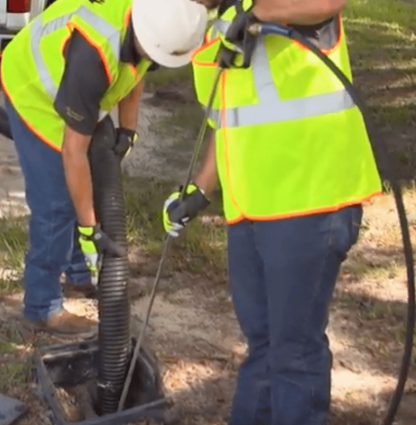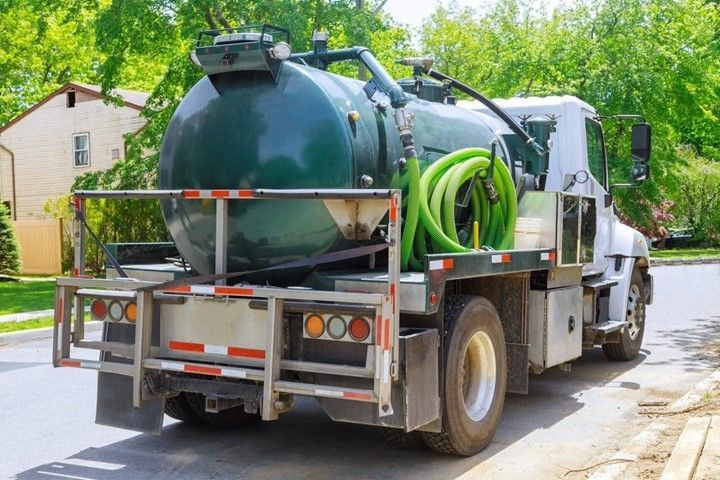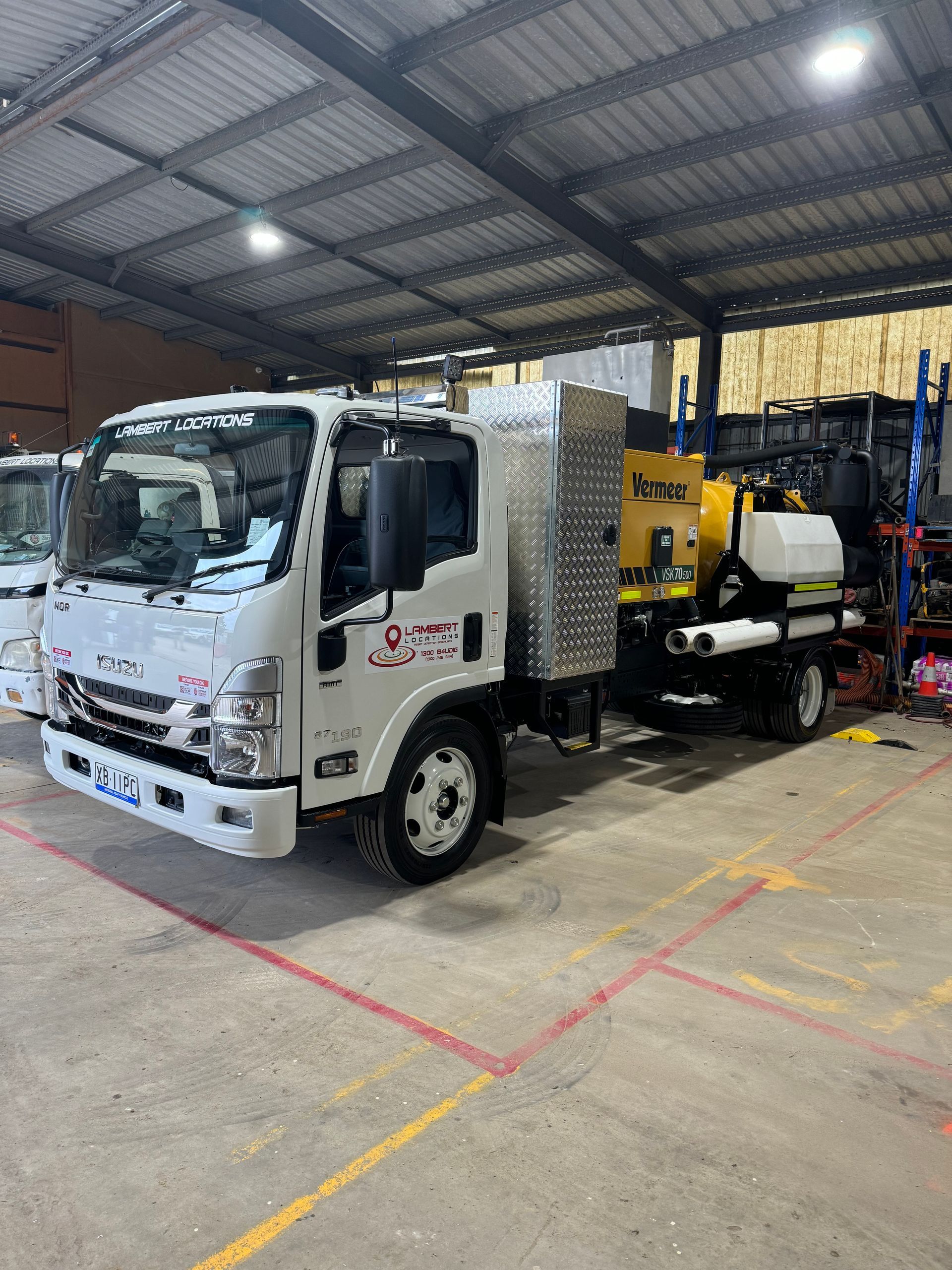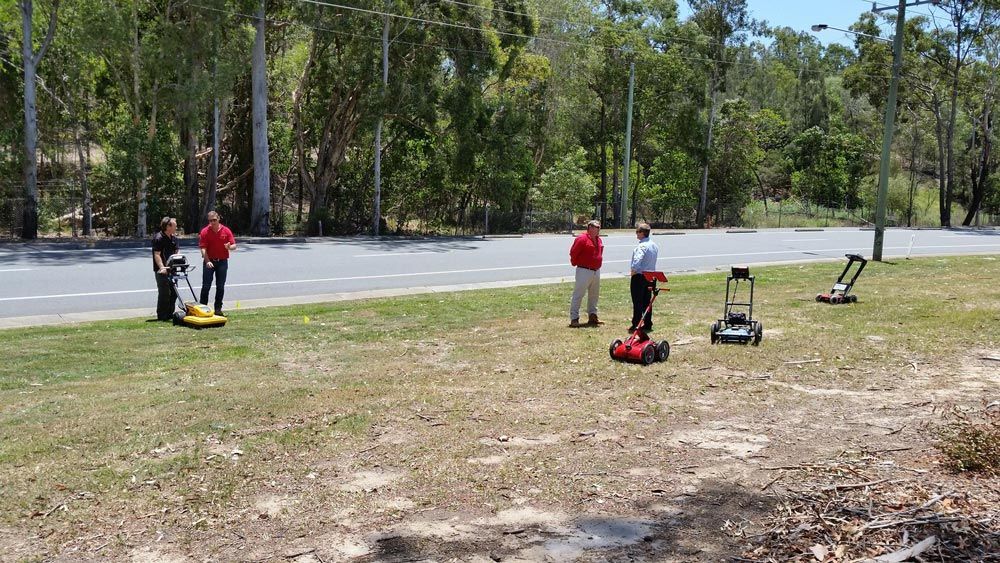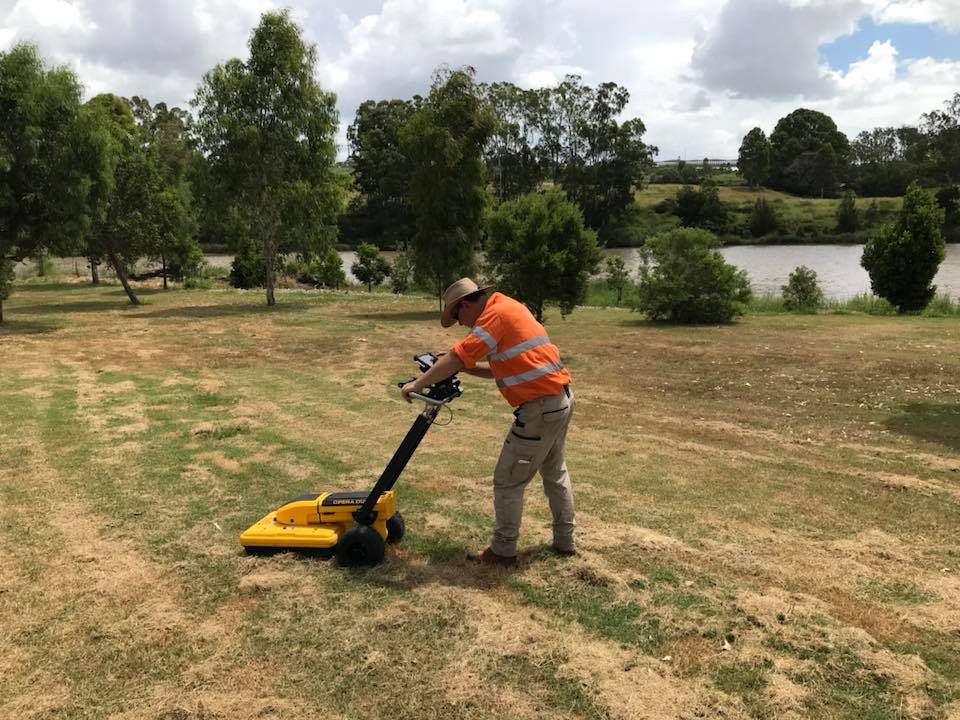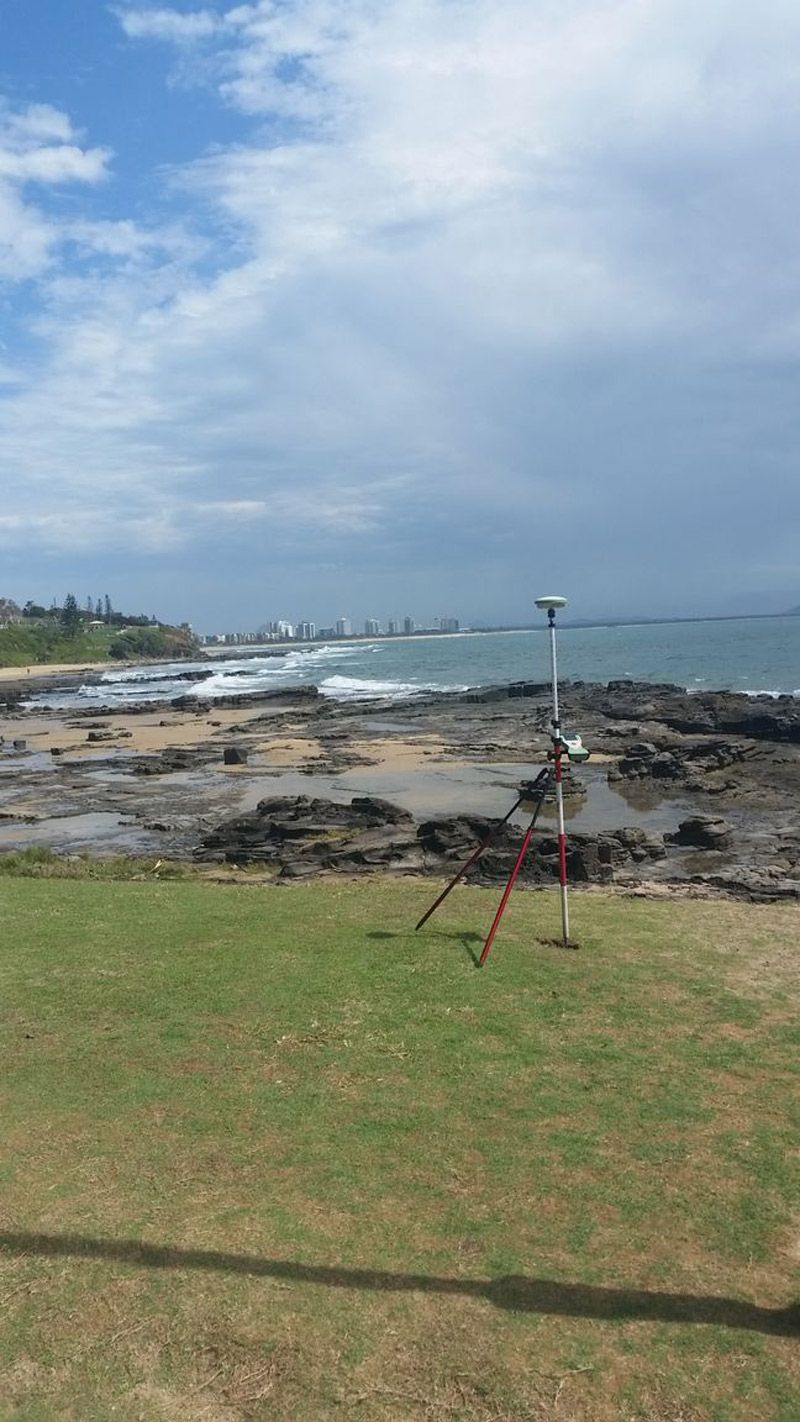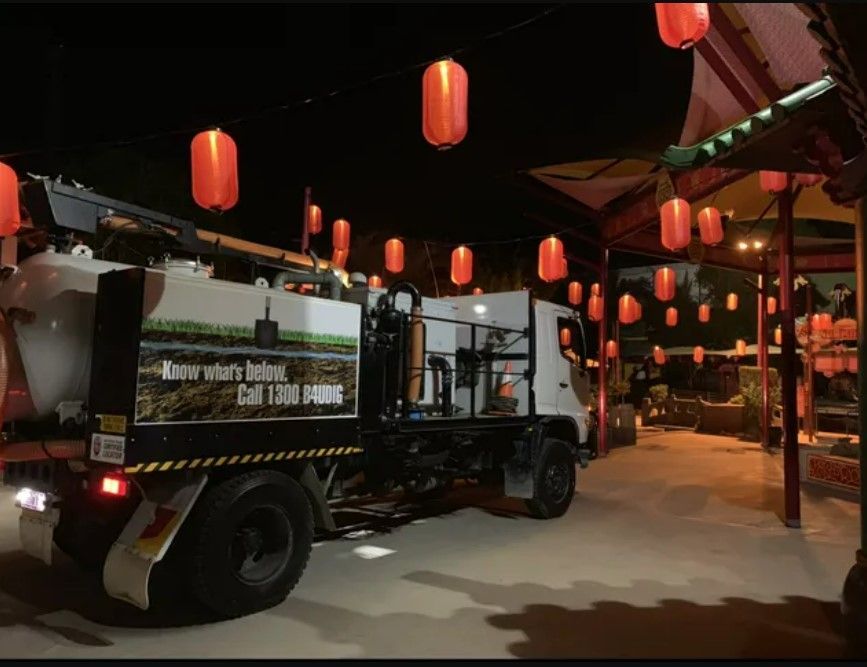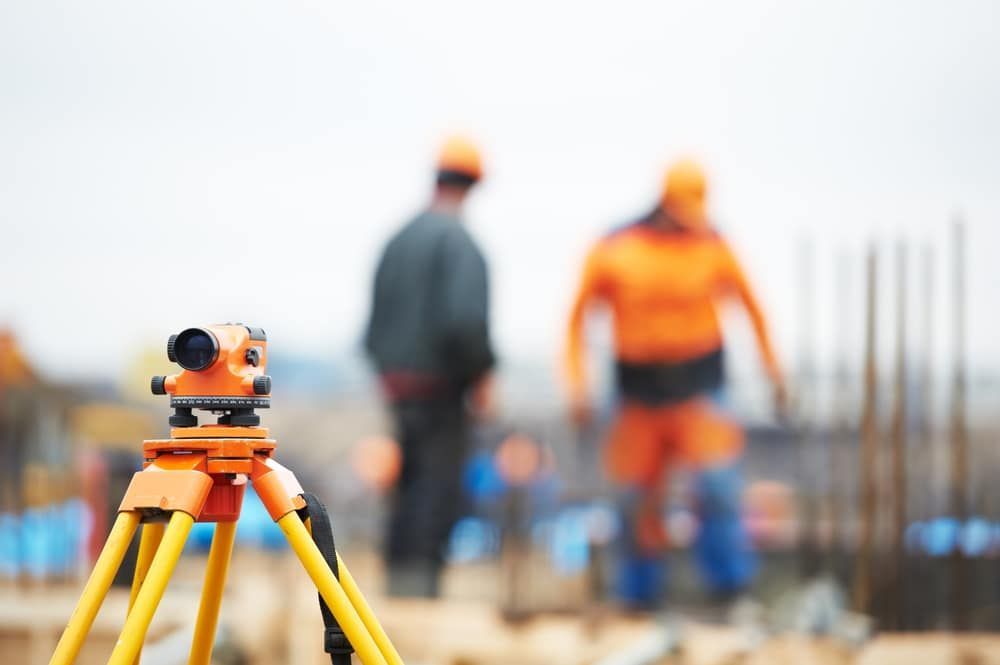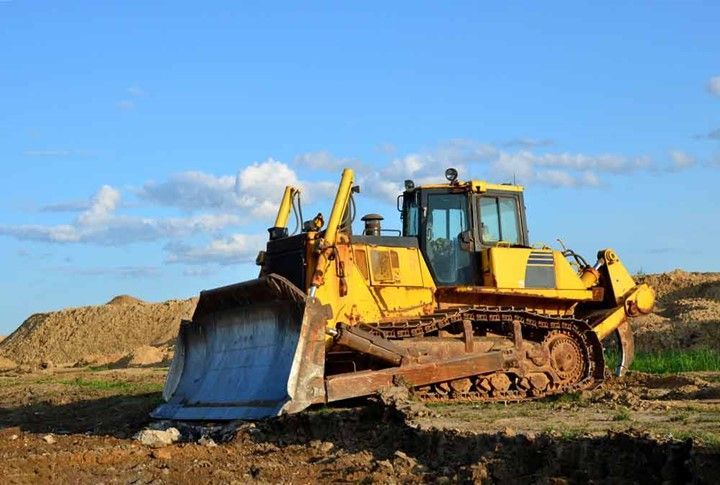Top Reasons Why Concrete Scanning is Essential
When it comes to construction projects, the surface is just the tip of the iceberg. What's underneath can make or break your project, affecting everything from safety and timelines to budget and compliance. That's why concrete scanning is essential. In this blog, we'll discuss the top reasons why skipping this important step is not an option.
Ensuring Construction Site Safety: A Non-Negotiable Reason for Concrete Scanning
When it comes to construction, safety isn't just a priority; it's a necessity. Concrete scanning is an indispensable tool for this, helping to identify hidden elements like electrical conduits, steel rebars and even faults within the concrete. This information is important for ensuring the safety of your construction site.
Advanced technology like ground-penetrating radar provides real-time data, allowing you to assess whether drilling or cutting into the concrete is safe. Moreover, this proactive approach to safety can significantly reduce the risk of workplace accidents and injuries.
The Financial Logic: How Concrete Scanning Saves More Than It Costs
When it comes to construction, unexpected surprises are rarely pleasant and almost always expensive. Concrete scanning serves as your financial safety net, helping you sidestep the hidden costs that can derail a project. Here's how:
- Avoid Costly Repairs: Knowing what's beneath the surface can prevent accidental damage to utilities or structural elements.
- Prevent Legal Complications: Accidental damage can lead to legal issues, another potential cost.
- Budget Management: Concrete scanning helps you manage your budget by avoiding unexpected costs.
Compliance is Not Optional: Meeting Ideal Standards with Concrete Scanning
Adhering to industry regulations and standards is a non-negotiable aspect of any construction project. Concrete scanning plays a pivotal role in this, offering a reliable way to identify what lies beneath the surface. This is important for avoiding accidental damage to utilities or structural elements, which can result in significant financial repercussions and legal consequences.
For the Commercial Sector
- Real-time Data: This is invaluable for professionals like architects, developers and engineers who require accurate information for planning and execution.
- Workable Data Sets: Concrete scanning provides actionable insights that can guide the construction process, from initial planning to the final build.
For the Industrial Sector
- Preventative Measures: The technology identifies potential issues like structural weaknesses before they become a problem, allowing for timely interventions.
- Non-Destructive Approach: Unlike some other methods, concrete scanning is non-intrusive, preserving the integrity of existing structures while still providing accurate data.
Time is Money: How Concrete Scanning Accelerates Project Timelines
In the construction industry, delays can be more than just a nuisance; they can be a significant financial drain. That's where concrete scanning comes in as an important tool for keeping your project on schedule. It offers real-time, accurate data that allows for immediate adjustments to your construction plans. This rapid decision-making can be important in avoiding costly delays.
A 2017 report highlighted how such accidental utility strikes led to substantial financial losses in sectors like telecommunications. Additionally, having this accurate data upfront allows for better coordination among various teams involved in the project, streamlining the workflow and reducing time spent on adjustments or rework. It also enhances the planning process, enabling project managers to allocate resources more efficiently and avoid the downtime that comes with unexpected discoveries.
The Green Factor: Minimising Environmental Impact with Concrete Scanning
As we become more conscious of our environmental footprint, the importance of sustainable practices in construction has never been greater. Concrete scanning aligns perfectly with this ethos, offering methods that are as kind to the earth as they are effective. Here's how:
- Sustainable Practices: Non-destructive techniques mean less environmental impact. This approach eliminates the need for exploratory drilling or digging, preserving the natural landscape.
- Resource Management: Helps in the efficient use of materials, reducing waste. By knowing exactly where to drill or cut, you avoid unnecessary use of materials and energy.
Ready to Make an Informed Decision?
When it comes to construction and utility projects, knowing what lies beneath is more than just a precaution; it's a necessity. At Lambert Locations, we’re here to provide you with the accurate, real-time data you need. Our concrete scanning services are designed to equip you with the essential information that ensures safety, compliance and efficiency. Don't leave anything to chance. Reach out to us today!
